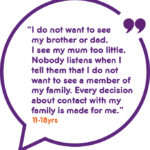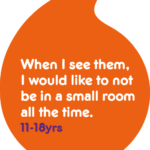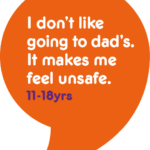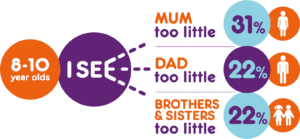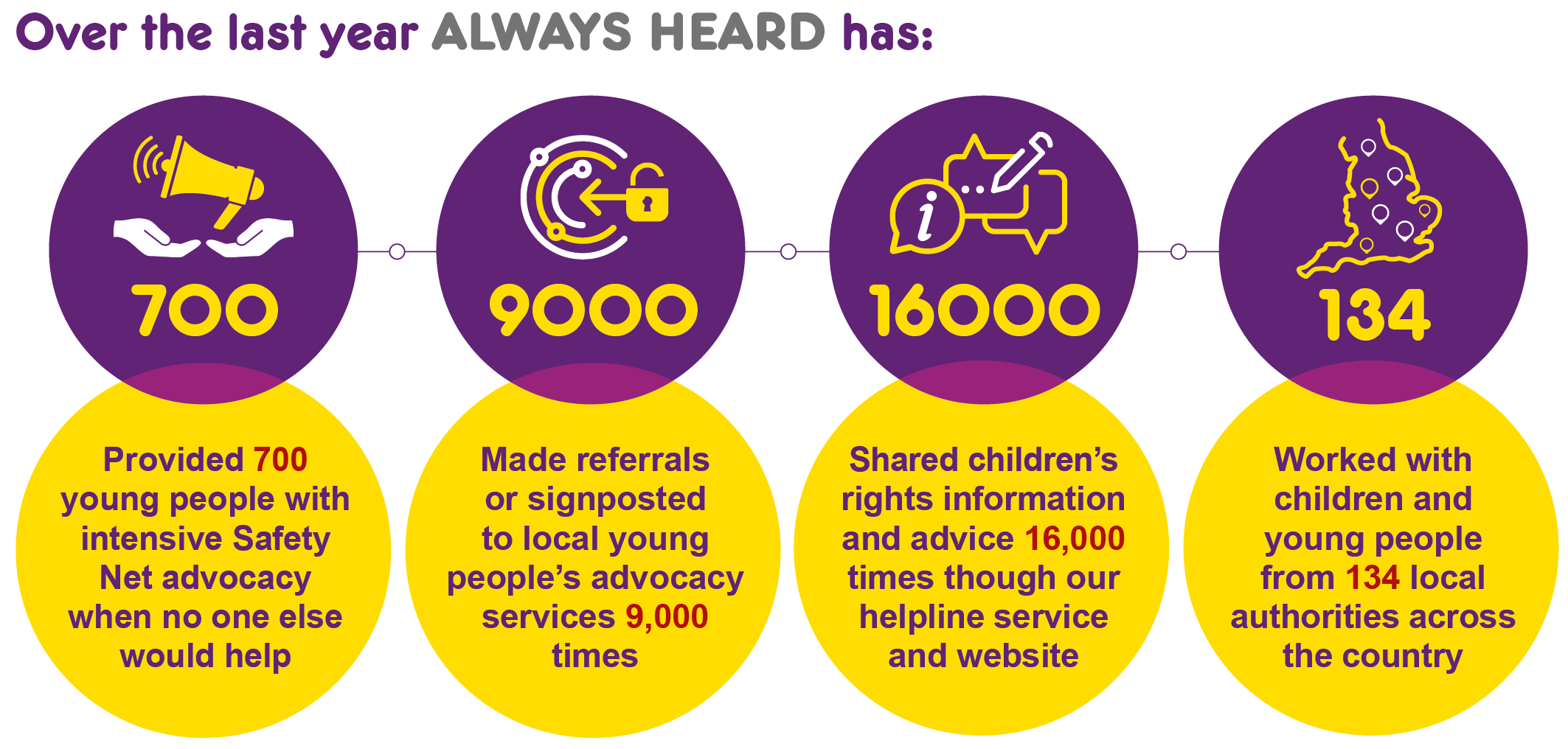14 Feb 23
A three-year co-production programme led by Coram Voice has demonstrated the value of local authorities engaging with young people to develop creative and innovative solutions for local care leavers.
The Story of New Belongings, published today, with support from the Esmee Fairbairn and Segelman Trusts, finds that the eight local authorities across England developed a range of successful local service improvements together with their care leavers in areas such as education and employment; emotional health and wellbeing; leaving care support services; and accommodation.
Gathering baseline evidence
At the start of the New Belongings project, the local authorities were supported by Coram Voice to better understand the views and experiences of their young people using the Your Life Beyond Care Survey*. In completing the survey, the young people sent a powerful message to their local authorities with a third (32%) of young people reporting that they did not feel safe where they lived, a similar figure (34%) reporting high levels of anxiety and one in five (20%) said they struggled to cope financially.
Co-produced solutions to the issues identified by young people
The local authorities used this baseline evidence to work with young people to co-produce solutions to the issues identified, including areas such as:
- Emotional health and wellbeing: Wandsworth introduced specialist personal advisors with a background in mental health to bring a therapeutic approach to their work with young people experiencing acute difficulties.
- Accommodation: Stockport developed a pilot scheme to provide ‘Ring’ video doorbells so that young people could see who was approaching their door and help them to feel safer.
- Leaving care support services: North Yorkshire developed the “Always Here” scheme to extend to support to young people beyond the age of 25 in recognition that some care leavers wanted to keep in touch with their workers to share their successes in life or have someone to talk to when they experienced difficulties.
Local solutions as part of a national drive for improvement
The Story of New Belongings report follows the recent publication of the Department for Education’s implementation strategy in response to the Independent Review of Children’s Social Care. The document sets out six missions to drive improvement. The New Belongings work shows how local authorities can work together with their care leavers to develop local solutions to the missions set out in the government’s plan.
Ofsted also recently expanded its evaluation criteria to include “young people’s views lead to improvements in services” as part of the experience and progress of care leavers. Through participation in New Belongings, these local authorities now have rich evidence to share with Ofsted.
Linda Briheim-Crookall, Head of Policy and Practice Development at Coram Voice, said: “To deliver the best support and services to care leavers you must work alongside young people. The New Belongings project shows what can be achieved when local authorities are committed to listen to their care leavers about what is important to them and take action together with young people to develop local solutions to local issues.
“Across England we need to shift the focus of children’s social care to embed participation and co-production with young people to ensure that services offered meet the needs that young people themselves identify. New Belongings is a structured and inspiring approach that can help local authorities on their journey towards improving services.”
Download the story of New Belongings
Find out more about New Belongings


